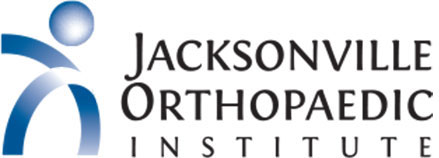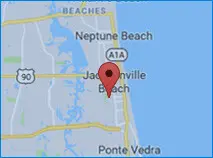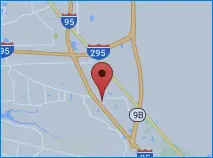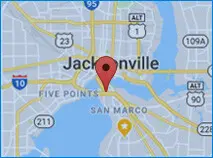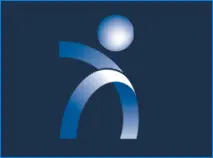Herniated Discs of the Back
By Ehren Allen, Certified Manual Therapist/Physical Therapist
What are Herniated Discs?
A herniated disc is a common cause of pain in the lower back which can cause a variety of symptoms in the back or neck. It may also cause symptoms in the arms and legs. Herniated discs can also occur in the neck or cervical region. These can be very painful and can often occur with simple activities like a cough or sneeze.

Herniated Discs
Herniated Disc Causes
A herniated disc occurs when the outer ring becomes weak or torn and allows the inner portion to slip out. A disc can slip out of place while you are twisting or turning to lift an object. Lifting a heavy object can place great strain on the lower back often resulting in a herniated disc
- Sudden Twist or Turns
- Lifting a heavy object
Risk Factors for Herniated Discs
An individual can make themselves less likely to suffer a herniated disc through physical activity and healthy lifestyle choices. Some risk factors that make an individual more susceptible to herniation of spinal discs include:
- Being Overweight
- Weak Muscles
- Age is another risk factor but it is unavoidable.
Symptoms of Herniated Discs
Symptoms may range form mild discomfort, to severe pain and loss of strength and sensation. The JOI Spine team has experts to evaluate and treat herniated discs. Although herniated disks can happen in any part of your spine, they are most common in the lower part of your backbone (the lumbar spine), just above your hips. The pain may spread from your back to your buttocks, thighs, and even to your calves.

Image of Man in Pain from Herniated Disc
Can a Herniated Disc Heal on its Own?
Symptoms may improve or totally go away. But the herniated disc does not actually heal. The inflammation can subside and if the disc fragment was small, the patient’s pain may go away in a matter of weeks. It’s important to realize, though, that even if a patient feels better as time goes on, there’s a risk for another flare-up in the future.
How do you Fix a Herniated Disc?
Treatment options range from conservative therapy to advanced surgical procedures. The treatment for less severe herniated disc can include physical therapy to address core stability, flexibility, posture, ergonomics, and pain. Injections to decrease inflammation that leads to pain can also be given, which can help resolve symptoms in a lot of cases.
A larger herniation that compresses the nerve with resulting muscle weakness or a herniation where symptom resolution can’t be achieved conservatively may require surgery by an orthopedic specialist. A procedure known as a “Discectomy” is performed to remove the part of the disc pressing on the nerve.
Please watch this Video on Herniated Discs.
Related Articles:
Book an Appointment with The Jacksonville Orthopaedic Institute Today!
Whether you are suffering from back or neck issues, joint pain, or injuries resulting from any type of activity. JOI has 13 physical therapy clinics conveniently located in Jacksonville and Northeast FL. Our clinicians specialize in orthopedic rehab. To schedule an appointment with an Orthopaedic Back and Neck Specialist online by clicking on the book an appointment.
- Finally, to schedule an appointment for physical or occupational therapy, call 904-858-7045 or visit 13 area JOI Rehab Centers.
By: Ehren Allen, Certified Manual Therapist/Physical Therapist
